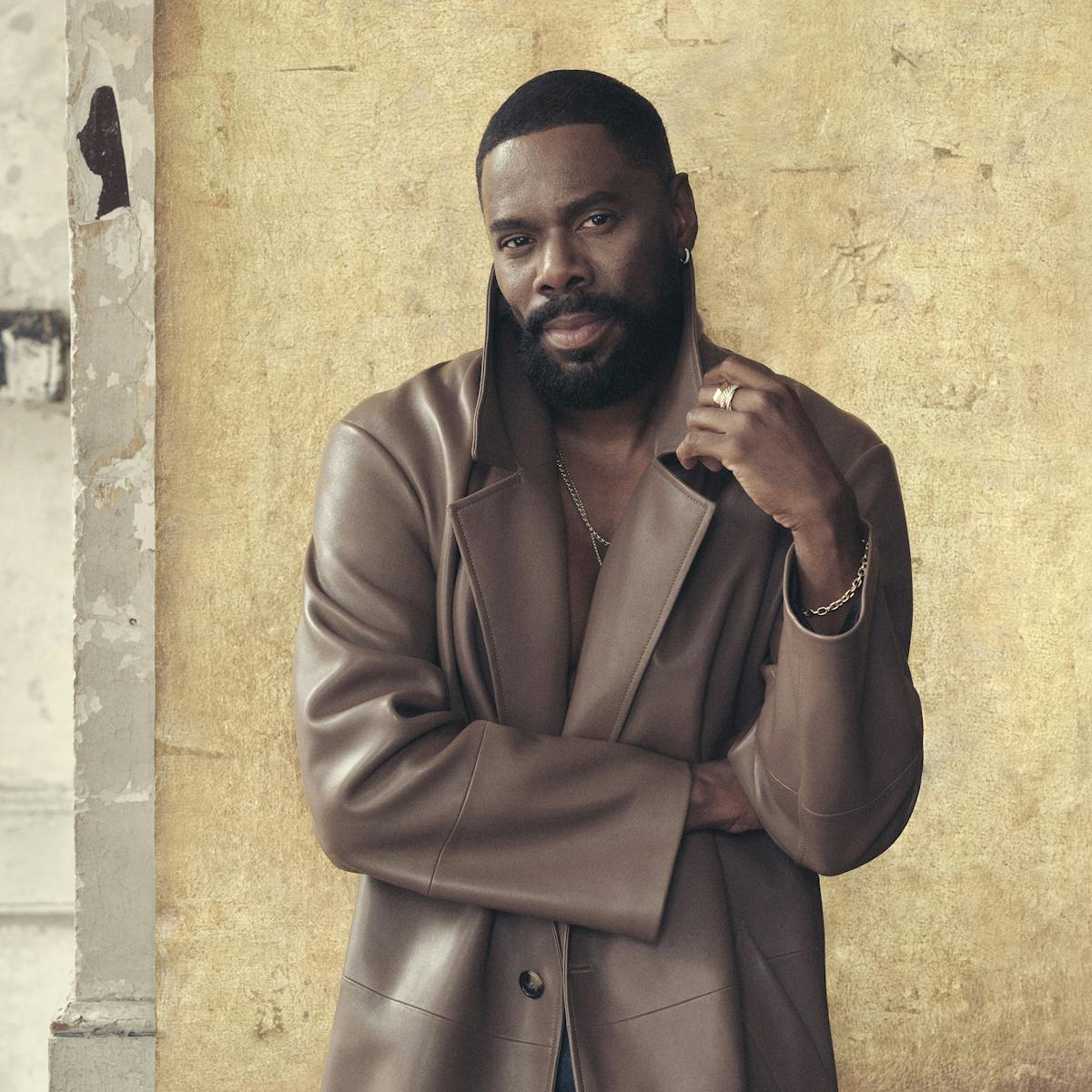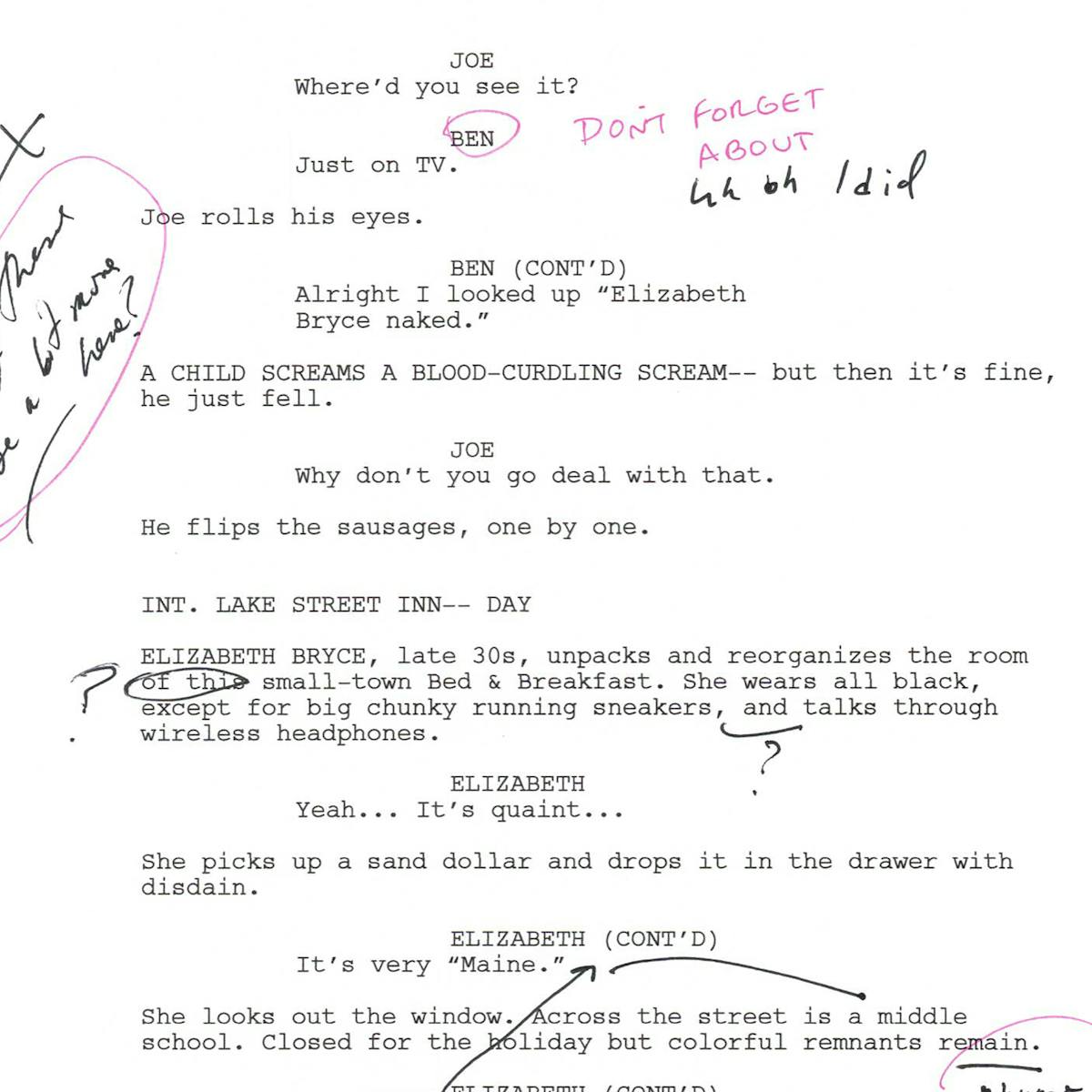Makeup artist Kazu Hiro transforms stars Bradley Cooper and Carey Mulligan in Maestro.
During one of Bradley Cooper’s earliest meetings with Jamie, Nina, and Alexander Bernstein to discuss his plans for Maestro — the ambitious film he hoped to make about their parents, music icon Leonard Bernstein and his wife, actor and activist Felicia Montealegre Cohn Bernstein — a small incident occurred that appeared to have great significance.
“It started with me trying to pitch a movie [to the Bernstein children] that I didn’t have yet in my mind,” Cooper says. “They had to give us the rights to all the music, which they are the owners of, along with Universal. I was having lunch with them. I remember I was eating cooked spinach, and I eat with my hands all the time. At one point I realized Jamie, the eldest daughter, was looking at me. She said, ‘My dad used to eat just like that.’ After that meeting, we got the call that we got the rights to the music.”
Jamie Bernstein might have been the first person to glimpse how Cooper would ultimately inhabit the starring role in the decades-spanning love story.
Maestro sees both Cooper and Carey Mulligan as Felicia disappear into character with astonishing grace and fire to depict a singular union in all its beauty and complexity. Even before cameras rolled, the actors were in constant collaboration, fostering an environment of open, honest communication so they might better capture the closeness of Leonard and Felicia’s bond, though their performances were bolstered by the physical transformation both undergo as Maestro unfolds. Master makeup artist Kazu Hiro (Darkest Hour, Bombshell) played an instrumental role in Cooper’s external transformation, developing the prosthetic skin necessary to turn the film’s co-writer, producer, director, and star into the maestro himself.
The trio’s tireless efforts led to a drama that’s been hailed as a cinematic masterpiece and is now nominated for seven Oscars, including Best Picture. Below, Cooper, Mulligan, and Hiro reflect on their experiences making Maestro.

Leonard Bernstein (Bradley Cooper)
BRADLEY COOPER ON CAPTURING THE MUSIC OF LEONARD'S LIFE
To me, this relationship between [Leonard and Felicia] was endlessly fascinating. It really became clear that there was an opportunity to make a creation that reflects him, the actual film, the rhythm of the movie, the whole thing. It didn’t feel to me that he could fit into the confines of a structured biographical film. Lenny was so complicated — this one person’s life reflected so many of the complications that all of us go through. [I thought] that if we could capture that and capture it to his music, the gift that he gave us musically, maybe we’d have a chance at making something special.
We were able to write dialogue based on the way that [Leonard and Felicia] really spoke. There are all these incredible audio tapes that we were privy to from John Gruen, who went on a summer trip with them to Ansedonia in 1967. The melody [of those chats] was so infectious, and that was the beginning of the inspiration, “Oh, this is something here that we can latch onto.”
Because of this relationship that spans five decades, we were able to explore how [the passage of time and changes in culture] impacted them through their behavior and the way they looked. Her hair color changed. His voice lowered an octave as he grew older due to his deviated septum and he was a chain smoker and drinker. That was an experience I’d never had before, creating and working on a character with a partner for years.
If I’ve learned anything in this film as a filmmaker, it’s just to learn to listen. Because when you have an actor like Carey who was able to embody everything you could possibly want, plus a hundred other elements, you want to get out of the way and allow the movie to watch her.

Felicia Montealegre Cohn Bernstein (Carey Mulligan)
CAREY MULLIGAN ON FINDING FELICIA AND FALLING IN LOVE
[When I came to Maestro], there was no script. It started with Bradley asking me to make a film with him about these two people, about this marriage, and [me] wanting to work with him as a director and as an actor because he’s extraordinary. I didn’t really know anything about Leonard Bernstein and nothing about [Felicia]. So it was learning about them and their relationship. And like Bradley said, listening to these recordings of them speaking. The more I learned about them and their relationship, the more I fell in love with it. Bradley would send me screenshots of scenes he was writing as the script was being written. So I got to watch [Josh Singer and Cooper] putting this amazing story together.
In terms of her, there was so much [research to mine]. There were so many amazing recordings of her. There are so many letters, her letters to Lenny, his correspondence [to her] over years and years and years. You can see the Edward R. Murrow interview [from a 1955 episode of the television series Person to Person] that’s [depicted] in the film, anyone can watch that. There are films that she was in when she was an actor, and I read reviews of plays that she was in. The children, Jamie, Alexandra, and Nina, were so involved from the beginning of the whole process and were full of information.
I just loved her. I thought she was the coolest person with the coolest voice, and I loved the two of them together. Whenever anyone talked about Lenny, they would talk about Lenny and Felicia. It was always the two of them. Even though he was the stratospheric, unbelievably famous person and this sort of gifted-by-God artist, it was Lenny and Felicia. The two of them just came as one.

Bradley Cooper gets made up behind the scenes
KAZU HIRO ON WATCHING LEONARD EMERGE DURING FILMING
Every day, I saw [Bradley] in the chair start gradually turning into Lenny. Everything took five hours. I had two people helping me to do makeup on [Cooper’s] arms, but [the full makeup] included 14 [prosthetic] pieces. Then you put the body suits on and change the costume in the makeup chair. By the time I finished makeup and then put the wig on, he went to the changing space and came out as Lenny. I was fascinated to look at him and [hear him] talking like Lenny. Literally, he was Lenny every day.
My goal is after I finish makeup, it’s good to go [all day]. I didn’t want to be around [Bradley] too much [for touch-ups]. [The six-minute Ely Cathedral sequence] was one of the most difficult scenes. He had a lip piece and lip [prosthetics] are always the first thing to come off because there’s so much movement. There may be saliva, and some food has oil that will work like a remover. He had so many tasks, directing and acting and producing and co-writing. He had so much [on his mind] I didn’t want to fly around him all the time.
But the thing is, in that scene he’s conducting Mahler, [which is] over one hour of music. He’s sweating and moving all the time, so I had to punch up the color of his skin tone. The wig had to be designed so it would move, even wet, and if you see the scalp underneath, it would still look natural, too. The texture of the hair and the amount of the hair, I figured out how to glue every piece securely, so it withstood the whole day.
It was an amazing [project], the best I ever worked on because of [Bradley]. He’s an amazing leader, and I was so inspired every day working on him.




